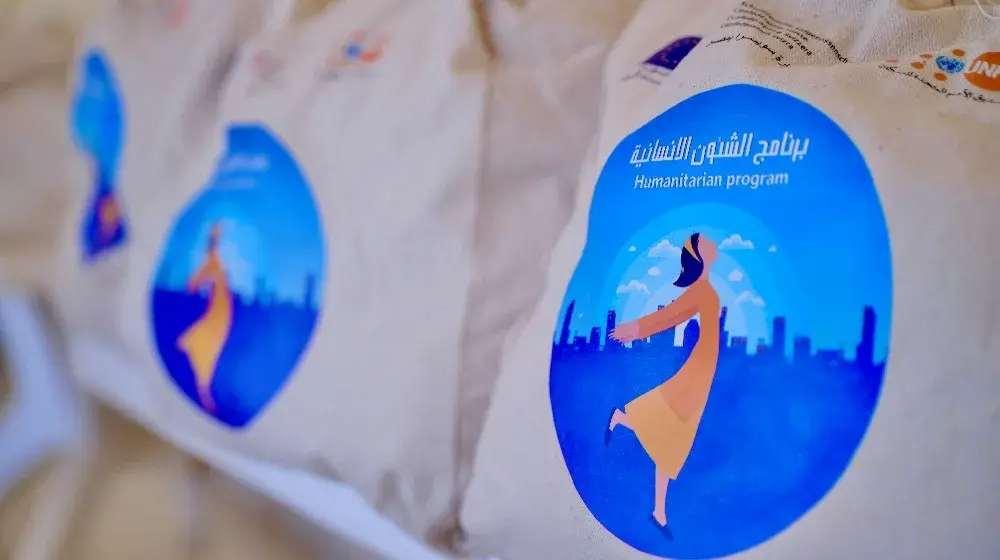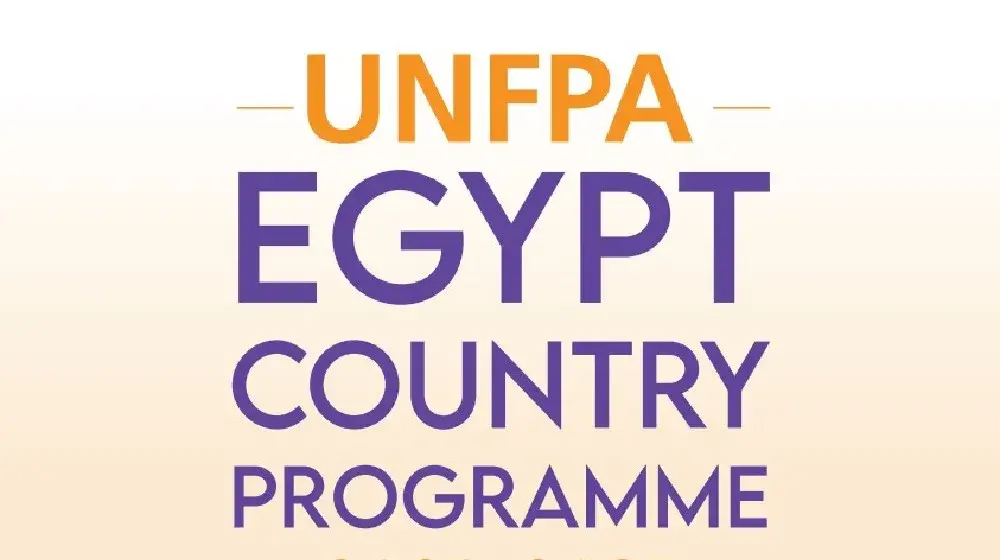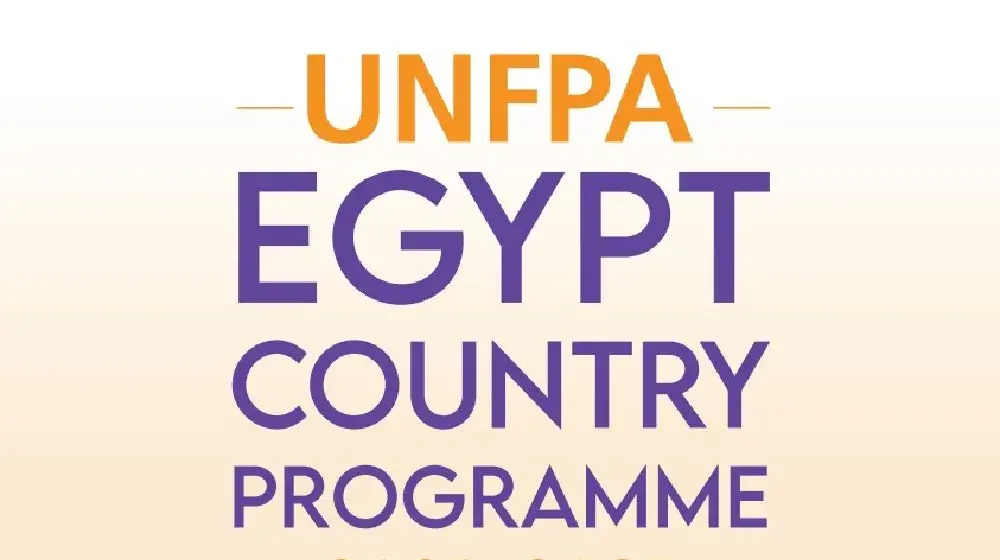CAIRO, EGYPT — The seminar titled "Interventions to Accelerate the Abandonment of FGM: Lessons Learned, Challenges and Opportunities" gathered activists, international organizations, professionals and others specialists of Female Genital Mutilation/Cutting (FGM/C) this June in Cairo. The objective was to exchange experiences and lessons learned among different stakeholders and to identify ways to move forward with the campaign against FGM in Egypt.
FGM is a generational problem that requires concerted efforts over an extended period of time. According to the results of the Demographic and Health Survey (DHS), trends in Egypt are still a challenge in this matter: 91 percent of all women in the age range 15–49 are circumcised; 24 percent of girls aged 0–17 are currently circumcised; and mother intentions to circumcise their girls aged 0–17 in the future is 33 percent.
“Efforts should be sustained, taking a holistic multisector effort”, said Ghada Barsoum, in charge of evaluating the FGM-Free Village Model in Egypt.
Trends also show that daughter’s current and/or future circumcision’s status depends on factors like place of residence and the mother’s education. However, analyzing the attitudes of the population we find that women are more supportive to this practice than men.
“Forty-five pecent of ever-married women believe that husbands prefer circumcised wifes”, said Ghada Barsoum, who remarked that FGM is a national issue.
The conference also highlighted ways to contribute to a national social movement against the practice. “Learning on earlier experiences, engaging and mobilizing people who matter; and an enabling environment” will help to approach the abandonment of FGM, said Nadra Zaki of UNICEF. She added that “partnership is the key in all above”.
Ensuring the implementation of the Penal Code, addressing the misconceptions of FGM among religious leaders, and ensuring clear messages are some of the key actions proposed to fight the practice in Egypt.
Judge Mohamed Moheb provided a briefing on the law and the procedures involving this practice from a legal point of view. “FGM is integrated in the Children Law, and partnership to combat it is inevitable," said Judge Mohmed. "Seeing it as purification is wrong because you are causing a wound.”
For this reason, NCCM has set up a Child Helpline number 16000 (24 hours, toll free) to answer the queries and concerns of parents and to enable concerned citizens to report FGM/C operations. “The persons who are thinking to have their daughters circumcised should be reported”, said Judge Mohamed.
Khaled Otaify, consultant obstetrics and gynaecology coordinator of the Anti-FGM Program (MoH), conducted a presentation in favor of stopping FGM medicalization. “FGM is a deeply rooted tradition in Egypt," he said, "but its medicalization is hindering national efforts towards the abandonment of the practice.”
According to DHS, more than 50 percent of the cases are performed by physicians while 20 percent are performed by dayas and 13 percent by nurses. For this reason, Mr Otaify pleaded for partnership with all agents involved in order to develop unified guidelines and messages. “Egyptian government has been committed to end FGM since years and we prosecute doctors that do otherwise”, he said.
But, what has been done to encourage abandonment in other African countries?
In most cases, education and advocacy against this harmful practice have been aimed at highlighting the health risks involved. However, as Dr. Ian Askew pointed out, this approach has led to a medicalization of the practice in many countries, enrolling medical staff to practice it safely. Also, the criminalization of the practice is one of the key means of fighting against it, “but it cannot be used in its own, in isolation”, Dr. Askew emphasized.
In others countries of the region, such as Sudan, the prevalence remains as high as 89 percent for females aged 15–49 (SHHS-06), and the intentions to cut daughters are around 50 percent among mothers aged 15–49.
Dr. Samira Ahmed explained the “Saleema Campaign”, the initiative for abandonment of FGM/C in Sudan, where there has been a recognition of a critical language gap in Sudanese colloquial Arabic despite over 30 years of criticism of FGM.
“There was still no positive term in common usage to refer to an uncut woman/girl, and, at the same time, words used to describe the cut girl were formed to be wholly positive”, said Dra. Samira Ahemd.
The “Saleema” campaign makes use of a word that means "whole", "healthy in body and mind", "unharmed" or "intact", among other meanings. The aim of the campaign was to protect girls through positioning new terminology and using non-adversarial adverts with no explicit mention of FGM and focusing on the new value.




